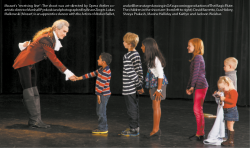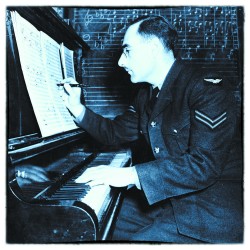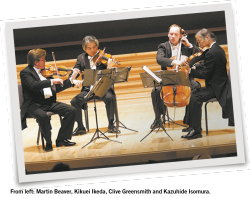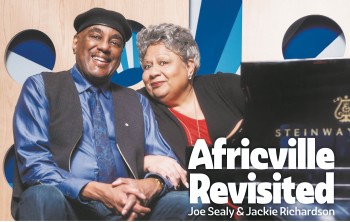Meet Opera’s Über Fans
 Wayne Koestenbaum in his seminal 1993 book, The Queen’s Throat: Opera, Homosexuality and the Mystery of Desire, defines “diva” as “a woman opera singer of great fame and brilliance.” While the main focus of the book is the link between opera and homosexuality, Koestenbaum also gives illustrations of radical fandom and diva worship.
Wayne Koestenbaum in his seminal 1993 book, The Queen’s Throat: Opera, Homosexuality and the Mystery of Desire, defines “diva” as “a woman opera singer of great fame and brilliance.” While the main focus of the book is the link between opera and homosexuality, Koestenbaum also gives illustrations of radical fandom and diva worship.
My absolute favourite story in Koestenbaum’s book concerns the English sisters, Ida and Louise Cook, who developed fanatic attachments to Amelita Galli-Curci and Rosa Ponselle, both of whom they befriended. The best part of the story is that the Cook sisters were instrumental in smuggling Jews out of Nazi territories during World War II. Yet rather than basking in their heroism, Ida, in her memoir, We Followed Our Stars, lamented that their war-work “cost us Ponselle’s Donna Anna, Carmen, Luisa Miller and Africana. That was what mattered.”






